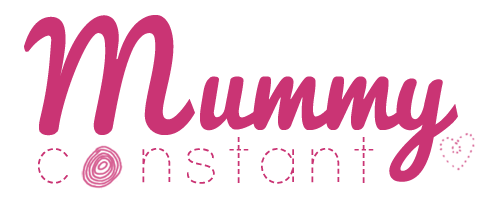While the human body has a remarkable capacity to recover from injury, the brain is different from most other parts of the body. This is because brain cells cannot be repaired or replaced like other types of cells – once they are damaged or destroyed, they are gone forever. This does not mean, however, that the brain is incapable of recovering from an injury. You have to look after your mind too!
How the brain can recover from serious injury
When a part of the brain is damaged or destroyed, it will no longer be able to perform the same functions it did before in the same way. This can result in either a partial or total loss of function for the person, which can affect both their physical and mental abilities.
While the damaged sections cannot be repaired or replaced, it is capable of bypassing the damage to some extent, effectively “rewiring” itself and allowing other parts often take over the functions previously performed by the damaged part of the brain.
This process is known as ‘brain plasticity’ or ‘neuroplasticity’ and can allow people suffering from an injury to experience significant improvement in their symptoms as the brain begins to rewire itself. This process takes time, however, typically requiring months or even years for major improvement to be seen.
Fortunately, there are various things medical staff and support workers can do to help encourage this process and allow patients to recover faster and more effectively from a traumatic brain injury.
How brain injury rehabilitation works
Brain injury rehabilitation normally involves various steps, including surgery and medication. However, a patient’s rehabilitation will often be dependent on additional care, such as physiotherapy and cognitive therapy.
These types of therapy will typically involve a variety of exercises designed to encourage a patient to practice and redevelop their physical and mental capabilities, for example relearning to walk or developing memory exercises and techniques.
These exercises can be vital for improving the recovery from an injury as they can help to stimulate the mind’s ability to rewire itself. This can result in faster and more effective recovery and help patients to achieve significantly better results long term.
Get the support you need to recover from a brain injury
While the NHS is able to provide much of the initial support brain injury patients need for their recovery, on going help and support, such as physiotherapy, mental health services and in-home care may need to be funded privately. These care costs are often one of the leading reasons brain injury patients and their families choose to pursue brain injury compensation.
IBB Claims is a leading injury claims solicitors in this field, with a strong track record of success in helping people claim compensation after a traumatic brain injury. This compensation can be used to pay for any treatment and care you need, buy specialist equipment, new accommodation, replace lost income and help with anything else you or your loved ones need to live a full, happy life.










1 Comment